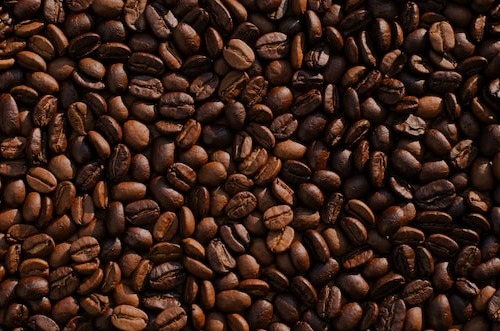
In W29 in the coffee landscape, Arabica coffee futures on the New York Stock Exchange experienced fluctuations. On Monday, July 17, the Sep-23 contract dropped 500 points to 155.80 cents/lb due to the advancement of the Brazilian harvest, but the dry weather in the medium term was expected to benefit fieldwork and crop quality. On Tuesday, July 18, Arabica futures were up 50 points to 156.30 cents/lb, as recent rains in Brazilian coffee-growing areas supported prices. Coffee futures again declined on Wednesday, July 19, closing at 156 cents/lb, due to concerns about the recent rains in some areas of the coffee sector in Brazil. However, on Thursday, July 20, futures partially recovered, increasing by 1.6% to 158.05 cents/lb, rebounding from the six-month low experienced on Monday. Finally, on Friday, July 21, coffee futures rose to 161.85 cents/lb despite a positive pace in the Brazilian harvest as ongoing rains in some coffee areas continued to influence the market.
During the week, Robusta coffee futures on the London Stock Exchange experienced fluctuations driven by supply concerns. On Monday, July 17, Robusta futures for the Sep-23 contract rose by USD 12/metric ton (mt) to USD 2552/mt due to reduced supply from Asia. However, on Tuesday, July 18, prices fell by USD 20/mt to USD 2532/mt as Brazilian exports of Robusta in June increased by 60%, according to Cecafé. On Wednesday, July 19, prices increased by USD 72/mt to USD 2,604/mt due to worries about limited supply from Asia and low certified stocks on ICE. On Thursday, July 20, prices dropped by USD 68/mt to USD 2,536/mt after a 2.8% rise on Wednesday. Finally, on Friday, Robusta futures increased by USD 66/mt to USD 2602/mt, fueled by concerns about Asian supply and a further decline in certified stocks monitored by ICE. Notably, ICE-monitored Robusta coffee stocks hit a record low of 5,273 lots on Thursday, and Arabica coffee stocks reached the lowest level in 8 months on Friday, totaling 535,870 bags.
Total exports of Brazilian coffee in the first half of 2023 reached 16.2 million bags (60kg), a drop of 18.9% year-on-year (YoY), generating USD 3.5 billion in revenue, with the average price of each bag sold to importers being the equivalent of USD 218.5. During the same period, top coffee-producing countries imported a total of 848.8 thousand 60kg bags of Brazilian coffee to fulfill their own export and domestic consumption requirements. Specifically, Vietnam imported 49.3 thousand bags, Colombia imported 604.1 thousand bags, Mexico imported 66.2 thousand bags, the Dominican Republic imported 41.2 thousand bags, and Indonesia imported 40.5 thousand bags. The harvest of the 2023/24 Brazilian coffee crop reached 66% by July 18. slightly behind the five-year average of 71% but ahead of the pace in 2022 of 57%. Around 83% of the Robusta coffee crops have been harvested, the same percentage as in 2022 but below the five-year average of 89%. On the other hand, the Arabica coffee crop harvest has reached 58%, slightly ahead of the same time in 2022 of 57% but below the five-year average of 63%.
Lastly, according to the Ethiopian Coffee and Tea Authority (ECTA), the country shipped 240 thousand mt of coffee to the international market to the value of USD 1.3 billion. These figures fell short of the authority's targets of 300 thousand metric tons and USD 1.8 billion in revenue. The underperformance is attributed to global challenges affecting the coffee industry, along with security issues in some major coffee-growing regions in Ethiopia, resulting in a decline in coffee supply.